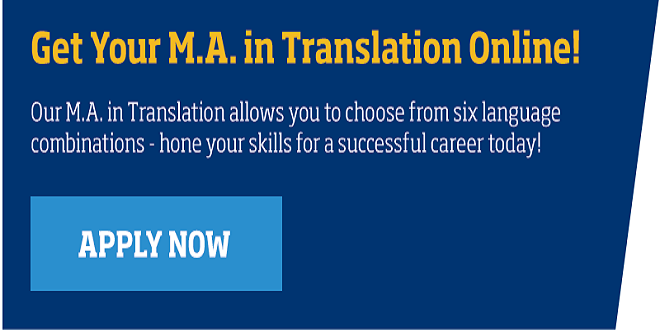Translating a Successful Online Graduate Model for Undergraduate Teaching

Introduction
Despite initial opposition, online teaching is now becoming a component of many university courses, and in some cases is the only delivery paradigm implemented. Onhne teaching has not as yet penetrated too deeply into the undergraduate culture, and most successful programs are targeted towards vocational learning or postgraduate courses. Postgraduate students, particularly those who are working and trying to obtain their qualification at the same time, benefit from the flexibility that a fully online course can offer.
An online learning approach
The onhne teaching and learning approach reported on here is based on a semi-Socratic ontology and is largely constructivist in epistemology. In terms of the approaches referred to previously it is a hybrid of the Literactive and Bounded Literactive. The approach is successfully used in the largest international fully online Master of Computer Science course of the University of Liverpool and its partner Laureate Online Education B.V.
It targets working professionals who find it difficult to attend the traditional classroom offline environment. These students are usually highly motivated, technologically literate and are willing to work independently and meet the high demand of time to be successful in the leaming. They welcome the convenience and flexibility such approach gives them and view the interaction with a richly diversity classmates as a positive experience.
Implementation of the approach
This successful approach was used by the authors from the School of Information Systems at Victoria University for a group of part-time students undertaking the core business subject titled Liformation Systems for Business. All students of the Bachelor of Business must take this core subject along with a number of other core subjects like Economics, Accounting and Management. This was a pilot study that deliberately targeted part-time students who were self motivated and willing to share work and life experiences to make a success of the opportunity to learn with this approach.
However, the authors were conscious that there were differences between this group and those normally taking the Master of Computer Science. Specifically, they were younger and consequently had less work (and life) experience to draw upon together with the obvious differences and expectation associate with Undergraduate and postgraduate studies. The online learning software is WebCT Campus Edition, which is licensed to Victoria University and mandated for use by recipients of a Curriculum Linovation Grant (CIG). The authors are recipients of a CIG although they are also experienced in the dehvery of PG courses using FirstClass software.
Pilot program results
The pilot onhne subject ran in semester 1 2004, in a fully online asynchronous mode. The initial class size of 20 students stabilized to 14 students after the first three weeks. This represented a retention rate of 70%, which is reasonable in a fiilly online class where the participants had not experienced the online paradigm previously.
Only part-time students were actively recruited into the pilot online class, though the class did include two full-time undergraduate students. The class ran for 10 weeks, and a two week break was inserted after week 5 to break the online semester into manageable tasks. At the end of week 10, each student was sent a subject feedback form so data could be gathered conceming satisfaction with various components of the online subject.
Undergraduate Experience
The undergraduate students responded more negatively to questions four and six, in the questionnaire, representing questions regarding the class assignments and the WebCT help-desk system. As the online class received assignments from the same material as the equivalent on-ground students, the response may indicate a lack of confidence in performing assignments by remote instruction. However, unless the on-ground students are similarly polled, it is difficult to speculate. Additionally, as there is not yet an online teaching culture established at Victoria University, the help-desk aspect of the online experience is not mature, and a poor result would have been expected.
Conclusions
Many of the successful online programs are directed towards the graduate market. It is argued that at the graduate level, students have the commitment and the skills necessary to survive in the online environment. An online subject can be as, or more, demanding than the equivalent on-ground subject. However, the flexibility inherent in online approaches is attractive to people with busy life styles and demands made by family and career. There has not been a deep penetration of online learning into undergraduate culture, and it is uncertain if successful approaches used in graduate programs will be successful in undergraduate programs.
Understanding the conjugation of verbs is essential in mastering a language. It involves various verb forms and tenses, which convey the timing and completion of actions. Additionally, mood and voice variations add further complexity to verb conjugation. The nuances of shabd roop encompass the subtleties of language, requiring attention to detail and practice for fluency





